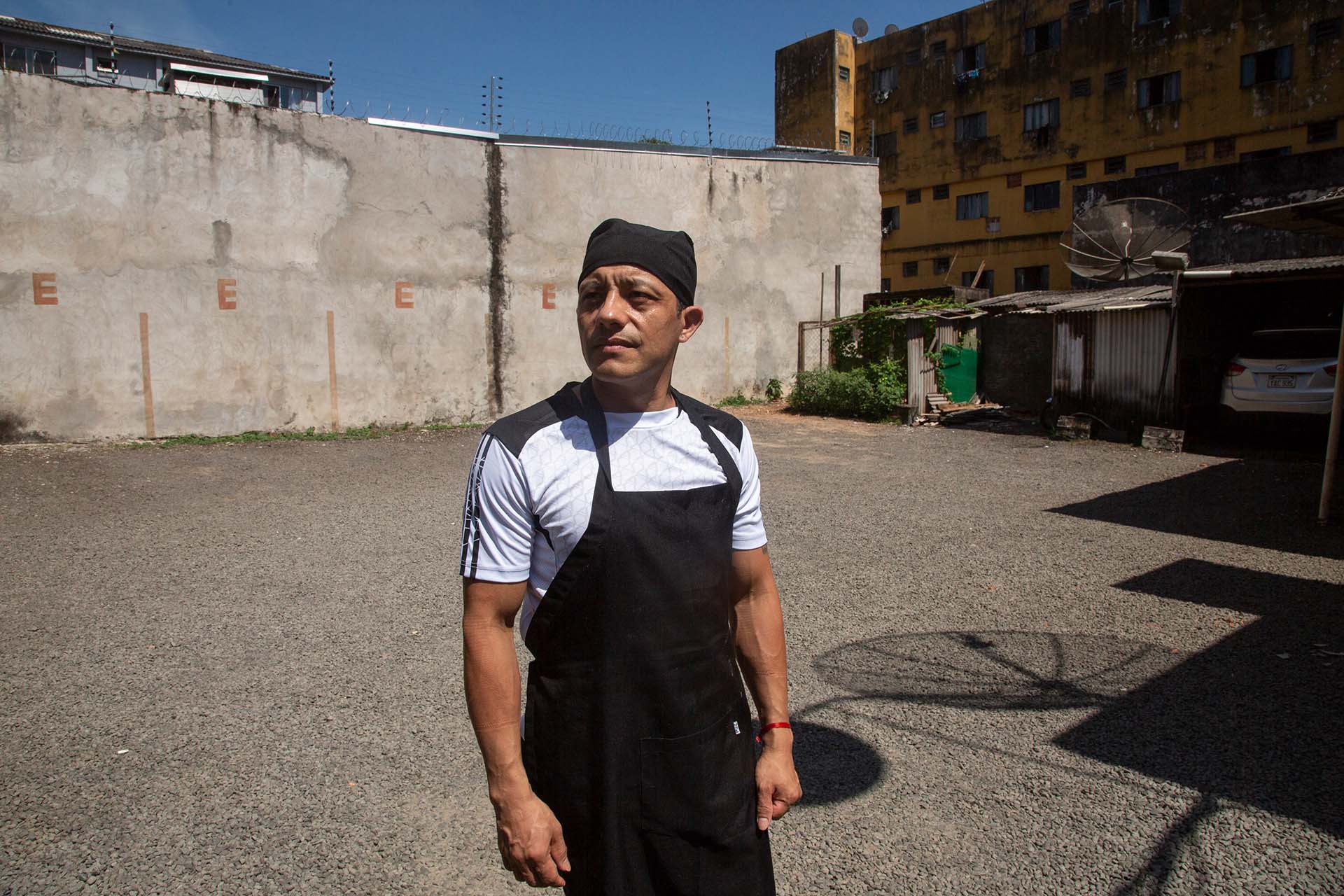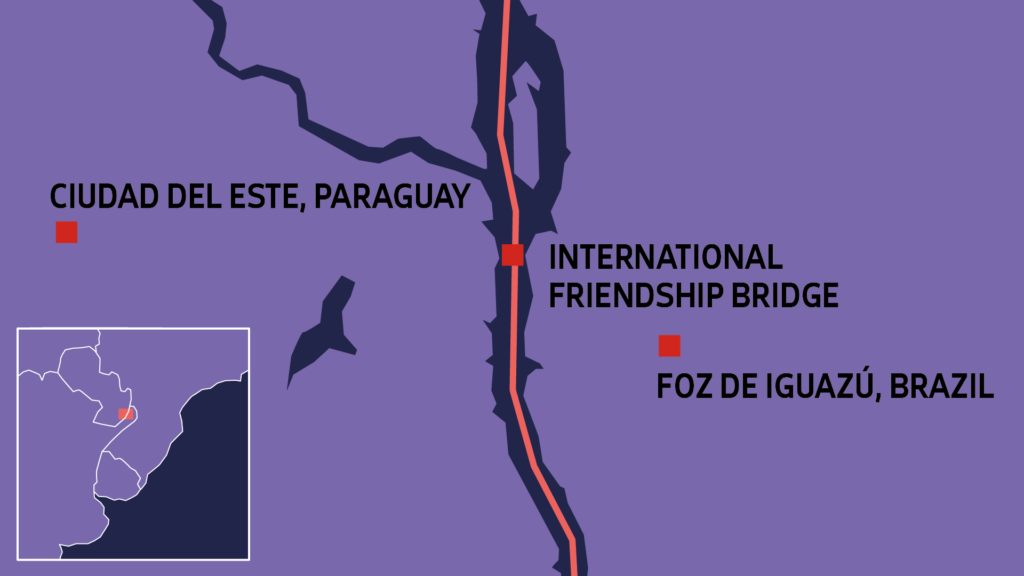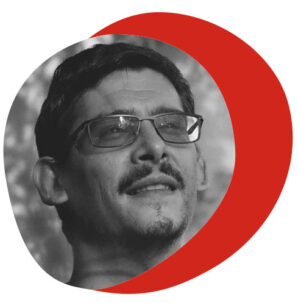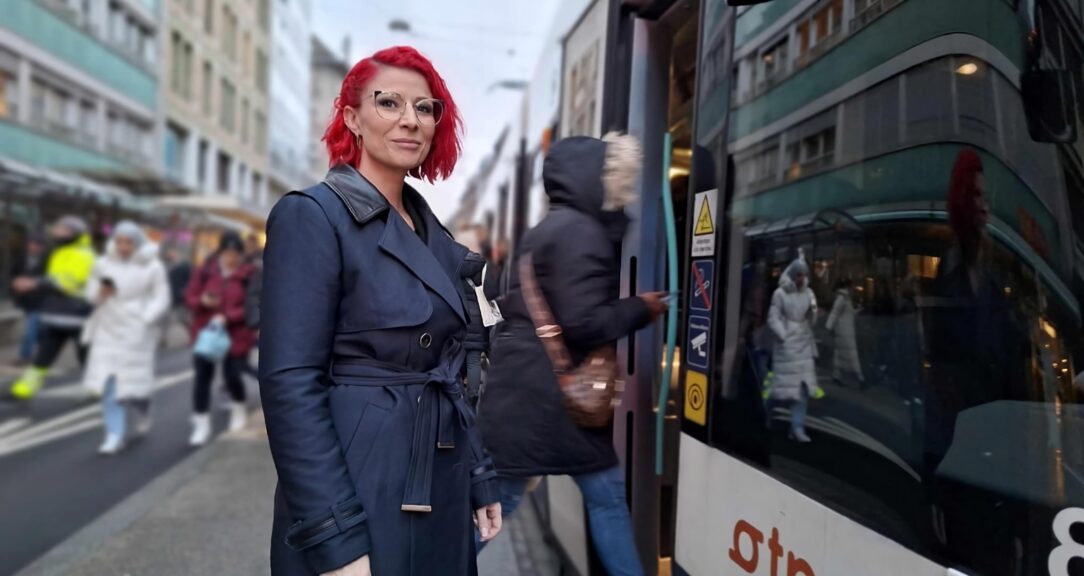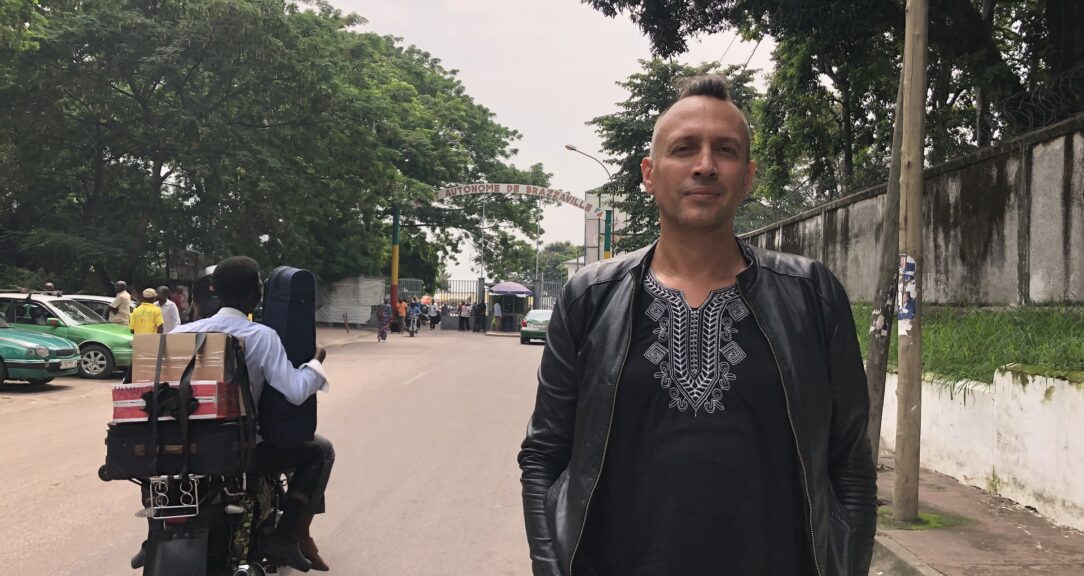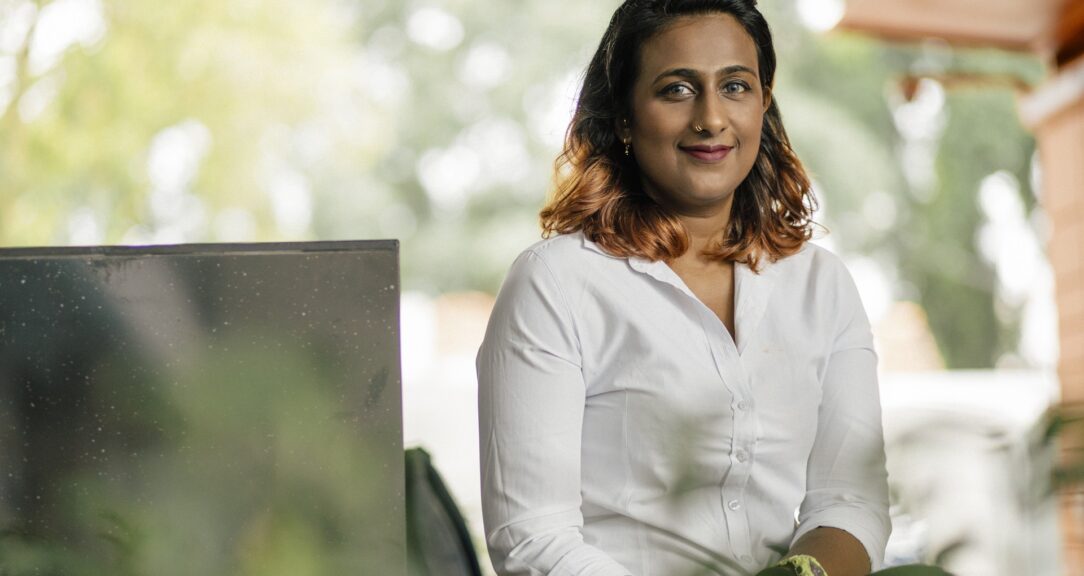Every morning for the last 13 years, Timoteo Zaracho has left his wife and three children at home in a humble neighborhood in Ciudad del Este, Paraguay, picked up a co-worker, bought some vegetables for the restaurant where he works, and driven his motorbike across the International Friendship Bridge that connects Paraguay with Brazil.
The crossing is vital for Brazilians looking to buy cheaper goods, particularly electronics, and for Paraguayan workers looking to earn higher salaries. Products cost less in Ciudad del Este than in Foz de Iguazú, in part because the tax burden in Brazil can make items 20 to 30 percent more expensive. As a result, Zaracho buys his vegetables for the restaurant in Paraguay en route to the border.
Brazil and Paraguay share families, cultures and indigenous Guaraní roots. The two countries were enemies during one of Latin America’s worst wars of the 19th century — the War of the Triple Alliance — but through economic cooperation they strengthened their ties during the 20th century, collaborating on the Itaipu hydroelectric dam on the Paraná River border and the regional trade bloc Mercosur (the Southern Common Market), established in 1991.
Every day, 100,000 people cross the Friendship Bridge, with 25% of them arriving on foot. Crossing is free, and residents of Brazil and Paraguay only need their passports manually stamped if they plan on staying longer than one day or traveling more than 30 km from the border.
As part of the journey, the two official lanes of the bridge become four. Motorcycles go back and forth between cars in opposite directions, almost bumping their knees as they pass each other. It’s often over 35C (95F), and the humidity is so high the air hangs over the bridge like a cloud.
By weaving in and out of the traffic, motorcycles can cross the bridge in less than 10 minutes. Between 10 a.m. and 4 p.m., crossing the bridge by car can take three or four hours, while at night, without truck traffic, it takes about half an hour. Otherwise it’s a 25-minute walk.
“Traffic is not easy. There are accidents on the bridge every day,” Zaracho says one morning in December. “Now, just as we passed, a motorcycle crashed next to us. There are people who die there, but I’m used to it.”
In August 2023, a taxi driver was killed on the bridge, followed by a motorcyclist in September. These deaths led to a demonstration demanding better traffic conditions.
Zaracho has to avoid the cones, fences and police on his motorcycle in order to safely cross — a skill few have.
Zaracho works without a contract in a Japanese restaurant with Chinese owners in Foz de Iguazú. He collects his salary in Brazilian reals in cash. What he earns depends on the exchange rate. When I meet him, he earns BRL 3,200 ($648), with 1 real worth 1,470 Paraguayan Guarani. It’s double what he would earn in Paraguay doing the same job — closer to what some managers and officials there would make.
I plan to continue like this for many years.
Zaracho enjoys his work in the kitchen. He says that he likes to cut vegetables in the morning and smell the fresh cilantro. He has an excellent relationship with his colleagues and also with his Chinese bosses, who speak to him in Portuguese.
“If I didn’t work here, I wouldn’t have my own house,” Zaracho says. “With a minimum wage in Paraguay, I would not be able to do anything.”
Everyday he leaves his house at 9.30 a.m. and returns at 10.30 p.m. — besides on Mondays when he has the day off. “No vacation, no nothing,” he says. During his shifts, he has half an hour to eat and an hour more to rest in the afternoon. Despite all the effort, he believes it is worth it: “I plan to continue like this for many years.”
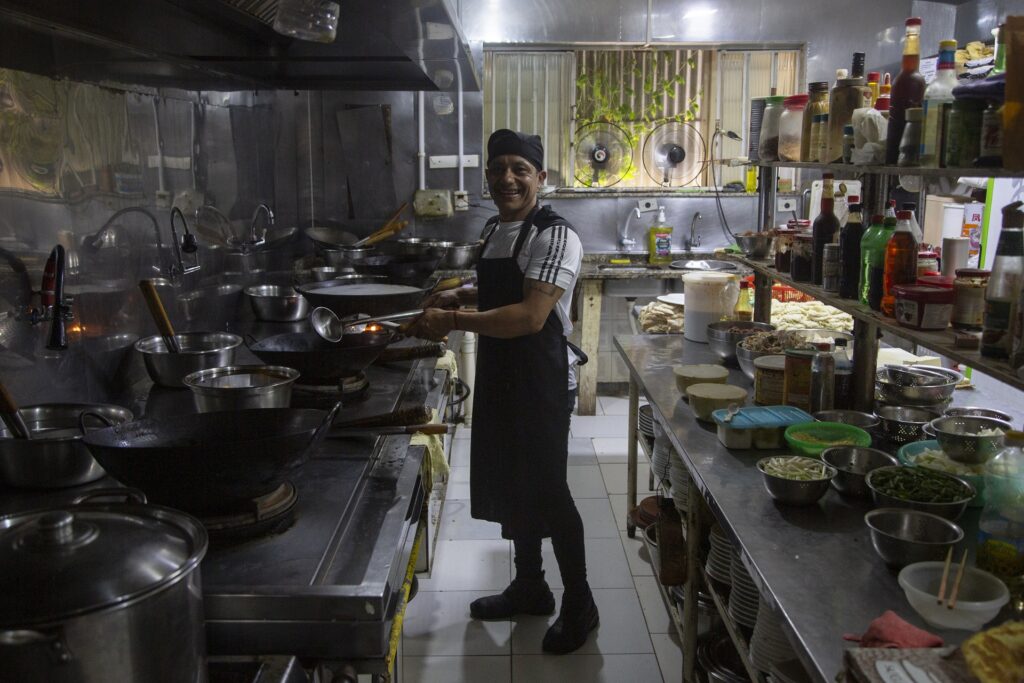
Read more
Sign up to keep up to date with ReThink Q.
